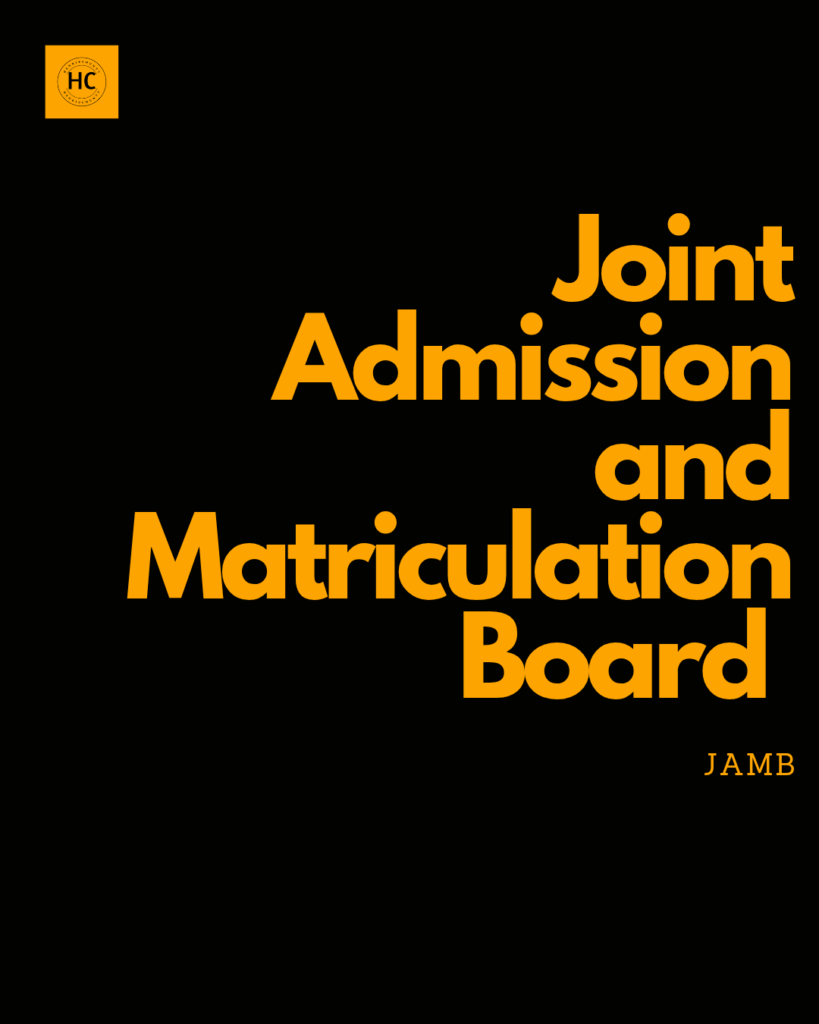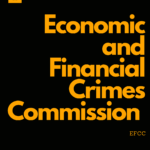According to the Joint Admission and Matriculation Board (JAMB) – X/@JAMBHQ: “The 2025 UTME resit and underage UTME results have been released.”
Read
The Joint Admissions and Matriculation Board (JAMB) has released the results of the recently conducted 2025 UTME resit examination for candidates at centres impacted by the unfortunate incident.
While this situation is unfortunate, it has also revealed numerous alarming practices perpetrated by candidates, certain Proprietors of Schools/Computer-Based Test (CBT) centres, which have exacerbated examination irregularities.
It would be recalled that after the conduct of the resit examination, a meeting of the Board’s Chief External Examiners (CEEs) in all states of the federation was held to consider the results. In attendance at the meeting were a few notables.
After consideration of the report of the resit examination, and extensive deliberations thereon, the following resolutions were made:
1. Constitution of a Sub-Committee: A sub-committee, chaired by the Vice-Chancellor of the National Open University, Prof. Olufemi Peters who is also the CEE FCT, was constituted to confirm that the results are in order.
2. Release of 2025 UTME Resit Examination: The CEEs reviewed the exercise and directed that an expert in psychometrics, Prof. Boniface Nworgu be invited to analyse and endorse the results for subsequent release.
3. Release of Results of all Under-aged Candidates: As part of the healing process, the meeting resolved that the withheld results of the under-aged candidates (except where litigation is involved) who performed below the established standards be released. Such result does not however qualify them for admission, as they had previously signed an undertaking during the registration process acknowledging that only those who meet the prescribed standards would be considered for under-aged special admission.
4. Release of Result of Candidates involved in “WhatsApp Runs” and other Misdemeanours: This category of candidates were found to have been involved in illicit solicitation of assistance. The meeting emphasised that its decision is not an endorsement of candidates’ unacceptable acts, rather a once and for all waiver. Candidates were thus advised to refrain from joining questionable “WhatsApp and other anti-social groups.”
5. Special Waivers for Absentee Candidates: While noting the over 93% attendance at the resit examination, the meeting offered all the candidates absent an opportunity to participate during the normal annual mop-up examination. This waiver is also extended to the candidates who for whatever reason must have missed the initial main UTME.
6. CBT Centres involved in Registration Infractions: The meeting condemned the involvement of some CBT centres in perpetrating serious registration and examination malpractices and resolved that all the implicated CBT centres should be blacklisted while complicit owners should be prosecuted. In addition, the identified individuals who directly registered the candidates with modified pictures and biometrics be apprehended and prosecuted.
7. Activities of Tutorial Centres: The meeting observed with great concern, the role of some tutorial centres in the perpetration of examination malpractices. It urged governments at all levels to take appropriate steps in ensuring that operators of tutorial centres are properly regulated, licensed and constantly monitored. This is to curtail the initiation of candidates into the path of dishonesty.
8. Computer-Based Examination: The meeting acknowledged the significant contributions of Computer-Based Testing in diminishing instances of examination malpractice and advancing the nation towards a digital society. Despite some shortcomings, CBT remains the viable option for ensuring a malpractice-free examination process.
9. Standardisation of Processes: The meeting acknowledged the detailed and rigorous processes adopted by the Board in the accreditation of CBT centres by state panels led by the CEEs. It was however advised that a reputable firm of management consultants be engaged to advise on improving the process of accrediting CBT centres, registration procedures, and other critical operational stages.
10. Tribal/Sectional Narrative: The meeting expressed with regret the attempts by some groups to exploit the unfortunate incident to disseminate tribal and sectional narratives. The unfortunate incident is not targeted at any section of the country, neither was it caused by any particular section of the country. It was emphasised that such narratives risk exacerbating existing divisions within society and even the JAMB workforce.
11. Commendation and Endorsement: The meeting commended the Registrar and the Management of JAMB for the competent and sincere handling of the unfortunate accident and urged them to remain steadfast and courageous.
Resit Examination Result
Consequent to the above, the result being released is as follows:
Of the 336,845 who were eventually scheduled after isolated good sessions of the affected centres were excluded and their previously unverified candidates were added, 21,082 were absent. Despite the ongoing inquiries, performance analysis remains consistent (between 11% in 2013 and 34% in 2016) with results from the past twelve years as shown in the table below:
Opportunists on the prowl
The misleading questions posed by certain individuals regarding candidates who allegedly scored highly in the cancelled sessions who might desire to retain their previous results are totally unfounded as only a handful scored up to 217 in the affected sessions, while 99% scored below 200 marks—indicating that there were no high scorers in the cancelled sessions of the affected six states.
It is not unexpected that given our circumstances, some opportunistic and mischievous individuals may attempt to exploit the situation for personal gain, thereby attempting to discredit not only the CBT process but also the Board itself. A notable example is Mr. Olisa Gabriel Chukwuemeka, a first-year Public Health student at Adekunle Ajasin University, Akungba-Akoko (AAUA), Ondo State, who posted on the social media platform X (formerly Twitter) under the handle @swagpriest2, falsely claimed to have achieved a score of 326 in the 2025 UTME. This claim incited public outrage against the Board and was subsequently disseminated by various online platforms.
Upon investigation, the Board found Mr. Olisa’s assertions to be entirely fabricated as he had doctored his original 2024 UTME score of 203, misrepresenting it as a 2025 UTME result with a score of 326. In reality, he sat for the 2025 UTME in Lagos State, where his actual score (prior to withdrawal) was 180. Following the exposure of his deceit, Mr. Olisa deactivated his account on X. There are similar cases of opportunistic attempts.
All results are now released except those of candidates who committed examination infractions and those slated for mop-up examinations. While releasing the results, it should be emphasised that recent discoveries particularly by the security agencies have necessitated the withdrawal of some of the results of implicated candidates across the country whose results have been previously released. Candidates with earlier released results need not recheck their results as candidates affected by the withdrawal are being notified through text messages on their registered lines, their profiles and emails.
It should be emphasised that the charges for shortcode of 55019/66019 (text messages) does not generate revenue to JAMB as being ignorantly peddled. The shortcode approach is to protect the critical data of the candidates and to curtail their cybercafé-extortion during their desperate check for results. JAMB has no reason to make money from such a service rather, it subsidises the shortcode services and text messages to candidates.
The Menace of Malpractice
While some Nigerians are busy dissipating energies on conspiracy theories and spread of hatred, our future is being put in jeopardy by advanced level of digitalised fraud.
During the 2025 examinations, further high level malpractices were uncovered, which led to the withdrawal of some results and the arrest of several culprits across the country some of whom we understand have made useful confessions. These unwholesome practices include:
1. Collusion of certain CBT centre/school proprietors (with the connivance of accredited centres) to hack the networks of targeted CBT centres, thereby gaining control of candidates’ computers and remotely submitting their responses to the relevant local server of the centre as recently discovered by the security agencies to whom we are profoundly grateful. It is important to note that each of the 882 centres utilised by the Board operates on a separate local server, and some of which had their local area network and servers compromised. The central server of JAMB remains secure and impervious to such breaches.
2. AI-enabled photo blending of candidates with impersonators, many of whom are current undergraduate students.
3. Registration with combined fingers, which involves the combination of fingerprints from multiple persons for a single candidate’s registration.
4. Extension of Local Area Networks (LAN) from centres to remote “strong rooms.”
5. Pairing of Candidates with professional mercenaries (after wilful disruption of sitting arrangements) who had registered for the UTME for the purpose of access to the examination hall. Unfortunately, many undergraduates of tertiary institutions are found to be involved in this nefarious practice.
Over three thousand candidates nationwide have been identified as either accomplices or beneficiaries of this extraordinary examination fraud. As investigation progresses, all candidates implicated in these unwholesome activities will have their results withdrawn as soon as incontrovertible proofs are established, even if the results have been released.



